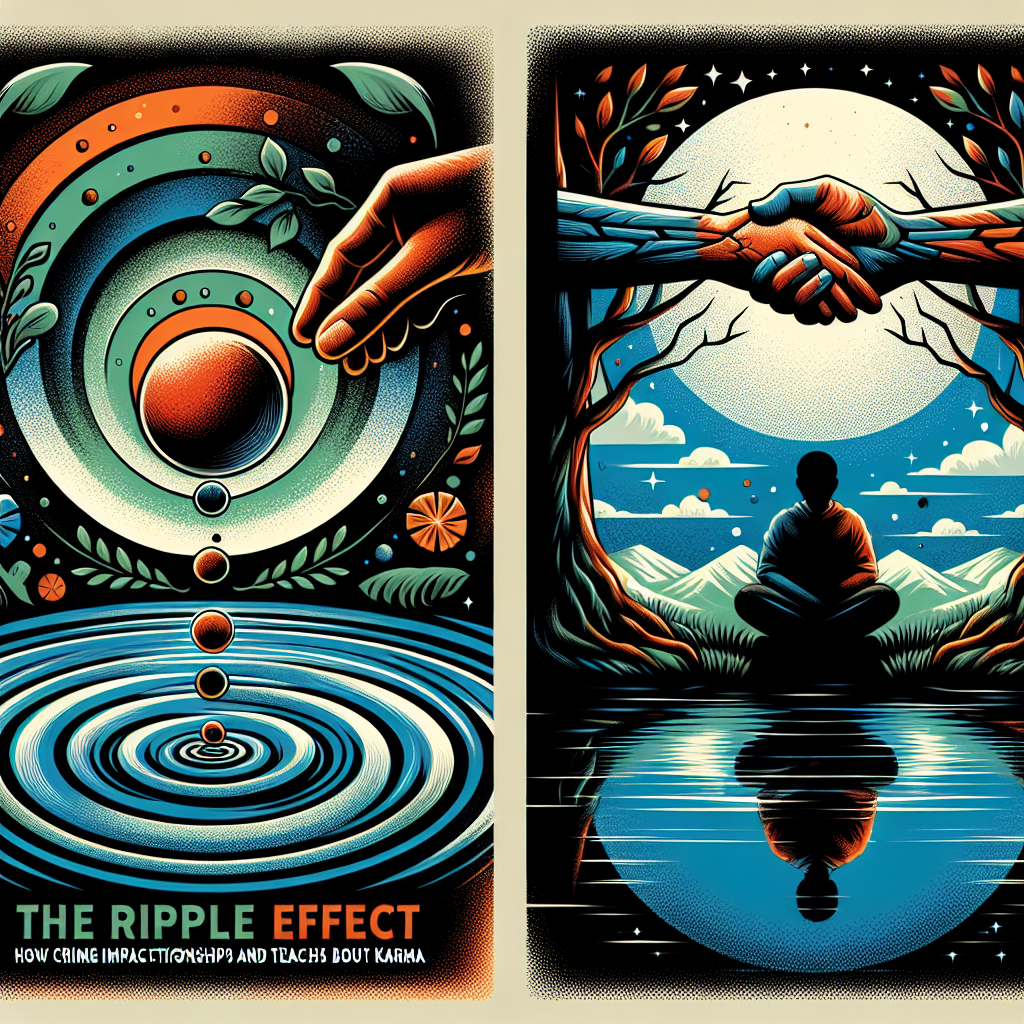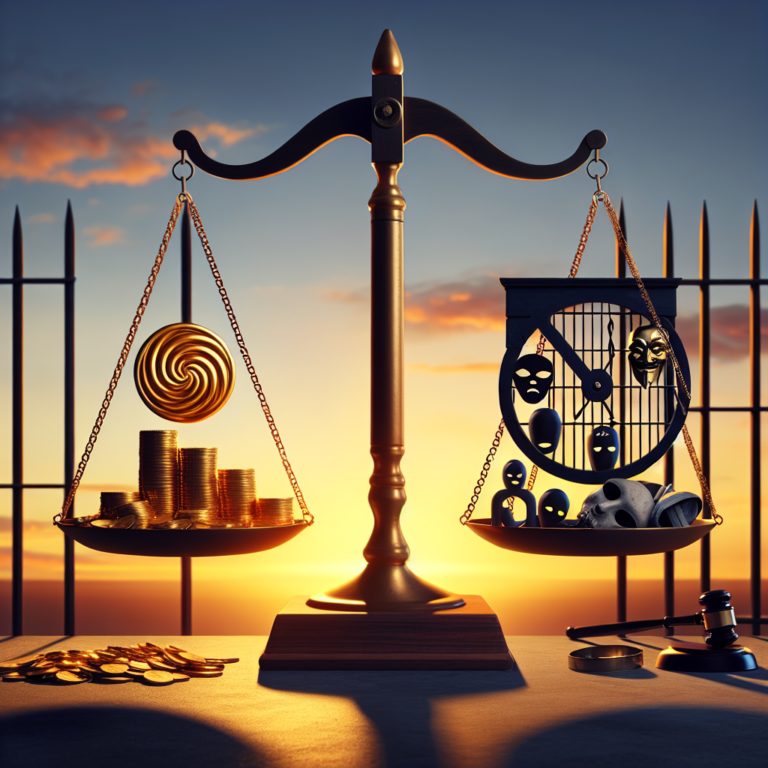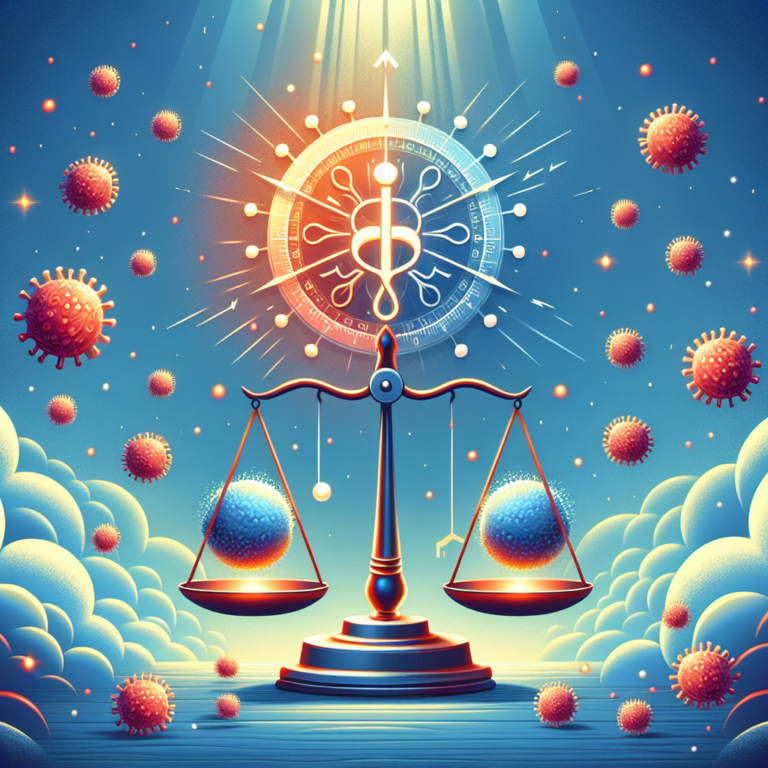The concept of the ripple effect is familiar to most: a single action, like a stone cast into a still pond, creates waves of consequences that spread far beyond the initial disturbance. This principle can be applied to various aspects of life, but perhaps it’s most profound in the realm of crime and its repercussions on relationships. Crime not only affects the immediate victims and perpetrators but also has a cascading impact on families, friends, communities, and society at large.
Understanding the Ripple Effect of Crime
When someone commits a crime—be it theft, assault, fraud, or any other criminal act—the immediate repercussions are often clear: legal consequences, potential incarceration, and emotional trauma for victims. However, the ripple effect delves deeper into how such actions reverberate through relationships and society. Here are some of the ways crime impacts relationships:
1. Erosion of Trust
Trust is the cornerstone of any relationship. When a crime occurs, especially within a close connection—such as between family members, friends, or intimate partners—it can shatter that trust. For example, if a family member steals from another, the bond instantly weakens. Trust is critical not only in personal relationships but also in community dynamics. A local crime can create an atmosphere of suspicion and fear, leading residents to distrust one another.
2. Emotional and Psychological Trauma
Victims of crime often suffer long-lasting emotional and psychological effects. This trauma can influence not only the victim’s relationships with others but also their capacity to form new connections. For instance, a survivor of a violent crime may find it challenging to trust or feel safe around others, leading to isolation, anxiety, and depression. Such emotional fallout creates a ripple effect that extends to family and friends, who may feel helpless, concerned, or even terrified about the safety of their loved one.
3. Strained Family Dynamics
Crime can put immense strain on family relationships. When one family member is incarcerated, the dynamics often change dramatically. Financial burdens can increase, especially if the incarcerated person was a primary breadwinner. Family members may face social stigma, leading to isolation. Moreover, siblings, parents, and other relatives can experience grief, anger, and profound disappointment, causing fissures in family relationships that can take years to mend.
4. Community Division
Communities are not isolated from crime’s impact. When crime becomes prevalent, neighborhoods can become divided. Residents may form factions—some advocating community action against crime, while others may support the criminal. This division can exacerbate existing tensions, leading to a breakdown of community cohesion, stigmatization of certain groups, and increased feelings of animosity.
5. Cyclic Nature of Crime
Crucially, crime can have a cyclical effect. Individuals who grow up witnessing or experiencing crime may internalize these behaviors and become perpetrators themselves, creating a generational cycle of crime that affects families and communities. This is often referred to as the "environmental factor" in criminology—the idea that one’s surroundings significantly influence individual behavior. As crime takes root within communities, relationships both within and outside families can deteriorate further.
6. Lessons in Karma
As the ripple effect takes its toll on relationships, it brings to light deeper philosophical and moral lessons, notably the concept of karma. Karma, in its simplest form, denotes that every action has consequences. In the context of crime, the dynamics of karma can be observed profoundly:
Consequences for Actions: When individuals commit crimes, they often face repercussions that extend beyond legal penalties. The loss of trust, emotional fallout, and potential isolation from loved ones emphasizes that actions have direct and indirect consequences.
Empathy and Understanding: Experiencing the fallout from crime can foster a greater understanding of the importance of empathy. Victims and perpetrators alike may gain insight into the struggles and pains of others, leading to more compassionate relationships—if the healing process is approached with openness.
- Healing and Redemption: There’s also a powerful story of redemption. For those who have committed crimes, the journey to rectify harm done can strengthen relationships, foster forgiveness, and promote meaningful connections. The realization that one’s actions impact others can serve as a catalyst for positive change, illustrating karma’s potential for good when individuals take accountability and seek to amend their wrongs.
Moving Forward: Coping and Healing
Understanding the ripple effect of crime on relationships highlights the need for healing and resilience in the face of adversity. Here are some key approaches to cope with the aftermath of crime:
Open Communication: Encouraging open dialogues between victims, perpetrators, and their families is crucial. Honest communication can facilitate understanding, empathy, and eventually reconciliation.
Therapeutic Support: Therapy and counseling can provide vital support for both victims and offenders, allowing them some respite from emotional trauma and offering tools for better relationships in the future.
Restorative Justice: Programs focusing on restorative justice aim to repair the harm caused by crime and emphasize accountability and healing rather than punishment alone. These initiatives can help mend relationships damaged by criminal actions.
- Community Engagement: Community programs that foster inclusivity and understanding can alleviate the fear and mistrust that often arise in the wake of crime. Building connections through shared activities—like community service or support groups—can help restore a sense of unity.
Conclusion
The ripple effect of crime encompasses more than the act itself; it permeates relationships, reshaping them in profound ways. By recognizing this impact and embracing the lessons of karma, individuals and communities can begin to heal. In doing so, we not only transform the consequences of crime but also lay the groundwork for more compassionate and understanding societies.
FAQs
Q1: What is the ripple effect in the context of crime?
A1: The ripple effect in crime refers to the far-reaching consequences that a criminal act can have beyond the immediate victim and perpetrator. It affects relationships, community trust, and social dynamics, illustrating how one action can lead to numerous repercussions.
Q2: How does crime impact family dynamics?
A2: Crime can create emotional turmoil, financial strain, and social stigma within families. It can lead to a breakdown of trust and communication, often causing rifts that may take years to heal.
Q3: Can crime affect entire communities?
A3: Yes, crime can lead to divisions within communities, promote fear, and foster distrust among residents. In turn, this can weaken community ties and lead to social fragmentation.
Q4: What role does empathy play in healing after crime?
A4: Empathy can foster better understanding between victims and offenders. When individuals recognize the emotional and social pain inflicted by crime, it can encourage healing and reconciliation efforts.
Q5: What is restorative justice?
A5: Restorative justice is a framework that focuses on repairing the harm caused by crime through dialogue and accountability rather than punitive measures alone. It aims to restore relationships and promote healing for both victims and offenders.
It seems like you might want a prompt for writing or a discussion topic. Could you provide more context or specify the type of prompt you’re looking for? For example, are you interested in creative writing, a debate topic, or something else?, #Ripple #Effect #Crime #Impacts #Relationships #Teaches #Karma, #Ripple #Effect #Crime #Impacts #Relationships #Teaches #Karma, 1736129621, the-ripple-effect-how-crime-impacts-relationships-and-teaches-us-about-karma





